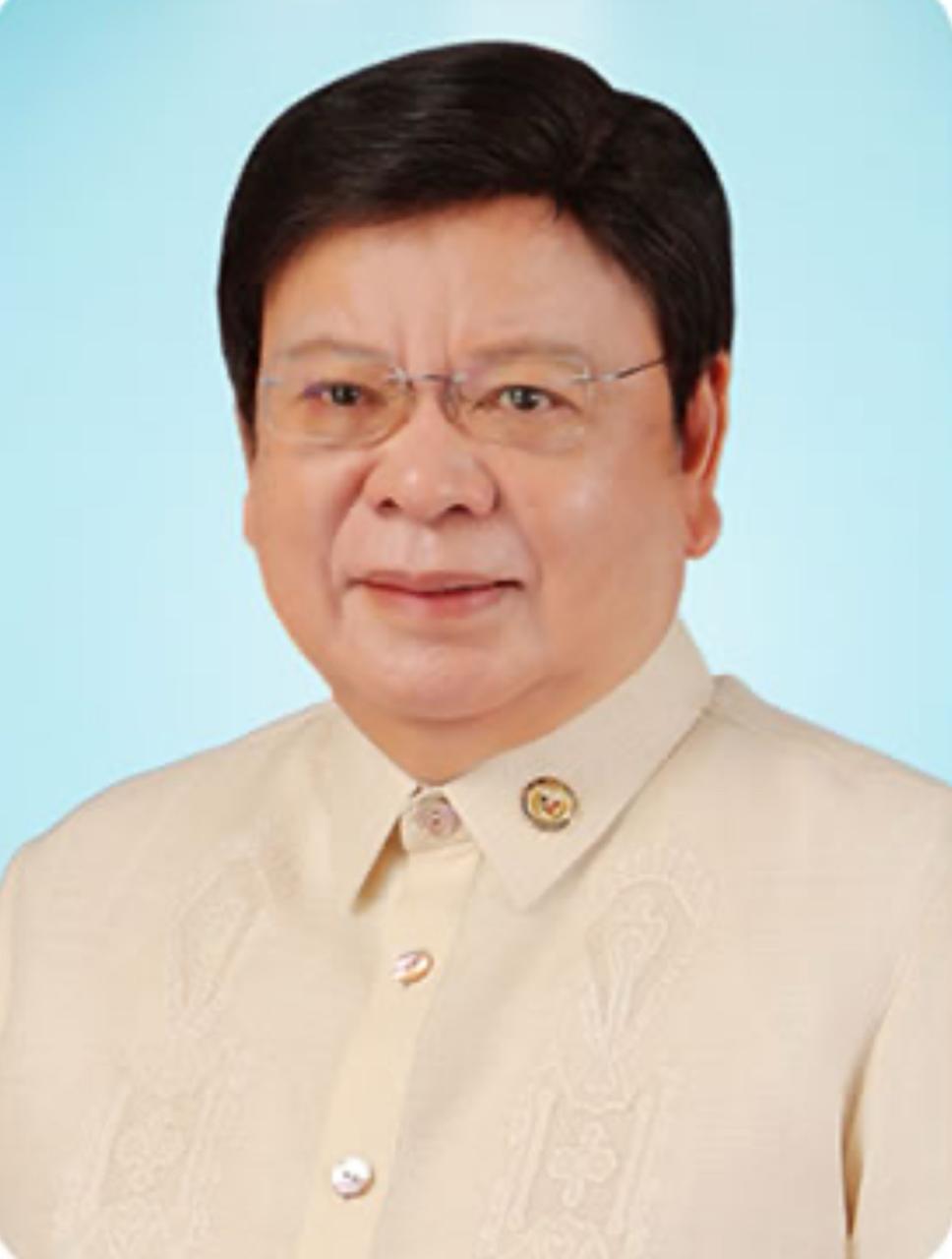Marcoleta: Pia Cayetano wants Filipinos’ tobacco livelihood killed
MANILA, Philippines — Sagip Party-list Rep. Rodante Marcoleta accused Sen. Pia Cayetano of wanting to wipe out the livelihood of 3 million Filipinos dependent on the tobacco industry.
In a privilege speech, the former House deputy speaker expressed dislike over Cayetano’s tirades at the Senate. He said it appears that the senator wanted the Philippine delegation that went to a global tobacco control conference in Panama recently to ignore the two laws that Congress painstakingly passed regulating tobacco use.
For upholding the country’s sovereignty and the intent of the people’s representatives to pass laws regulating less harmful alternatives to cigarettes, an “obscure” NGO observer gave the Philippines a “Dirty Ashtray” award, Marcoleta also noted.
“I’d rather have one thousand Dirty Ashtrays (award) than one coffin to contain the whole tobacco industry, including the farmers and stakeholders who are depending on the tobacco industry in our country,” he said.
“While the state is conscious and responsible in maintaining the health of its citizens, it should also do so mindful of the general welfare of the people, especially the stakeholders of the tobacco industry. Our two laws advocate for balanced policies,” he added.
Article continues after this advertisementREAD: Pia Cayetano fumes over lapse of vape bill into law
Article continues after this advertisementMarcoleta defended the Philippine delegation’s active participation in the World Health Organization’s (WHO) Framework Convention on Tobacco Control’s (FCTC) 10th Conference of the Parties in Panama, pointing out that the delegation’s position reflected the country’s laws and balanced policies.
Harm reduction experts commended the Philippines for its WHO FCTC position. Professor David Sweanor, chair of the advisory board of the Center for Health Law, Policy, and Ethics at the University of Ottawa, expressed support for the Philippines for successfully resisting a well-funded effort to deny consumers safer alternatives to lethal cigarettes, according to the House lawmaker.
“To criticize a country for defending the right of people to access life-saving products shows a frighteningly authoritarian and moralistic agenda. If we are to successfully reduce cigarette smoking, anti-tobacco groups need to learn from countries like the Philippines rather than denigrate them,” Sweanor was quoted to have said in a statement released by Marcoleta.
Martin Cullip, an international fellow at the Taxpayers Protection Alliance, also acknowledged the Philippines for remaining steadfast in its stance, according to the party-list legislator.
“In COP 9, the Philippines said, ‘we are not going to ban these products, we are going to regulate them.’ And this sent shockwaves throughout the meeting,” Cullip was quoted to have said, based on the same statement.
READ: Senators fume over vape industry’s targeting the youth market, urge DTI to uphold law
Cullip made these remarks during the international conference “GOOD COP/BAD COP” organized by the Taxpayers Protection Alliance (TPA), providing a platform for leading voices on consumer issues, national and global policies, and harm reduction from 14 countries to discuss relevant tobacco control issues.
“We went there to defend our country’s rights, especially the two laws we made in this Congress. I am referring to Republic Act 9211 and Republic Act 11900,” Marcoleta explained.
The House legislator was talking about the Tobacco Regulation Act of 2003 (RA 9211), which regulates tobacco products, and the Vaporized Nicotine and Non-Nicotine Products Regulation Act (RA 11900), which regulates smoke-free alternatives to cigarettes such as vapes, heated tobacco, and oral nicotine.
Marcoleta said he joined the delegation to understand how these laws are addressed in a global stage, especially within the FCTC.
Representatives from 182 countries gathered in Panama for COP 10 to discuss the implementation of the global tobacco treaty.
READ: Vaping not a safer alternative to cigarette smoking, says health advocate
Marcoleta said the Philippine delegation defended its policy before the global conference and participated actively in the FCTC’s Agenda 9 and 10, which address the facilitation of implementation of regulation and disclosure of the contents and emission of tobacco products.
He said that during the conference, the delegates debated about suspending the “working group” and conceding its mandate to an “expert group”. The working group is composed of representatives from countries signatory to the treaty, while the expert group are composed of nominated individuals not representing their respective country.
The Philippine delegation objected to the expert group having a mandate over policymaking, stating that there are certain legal principles that cannot be compromised under the appeal of flexibility and consensus.
“We need to assert, Mr. Speaker, that the expert group must be subordinated to the primacy and the dominant role of the working group consisting of state parties. Because they are the ones accountable to and responsible for the interests of their respective nationalities. We have to emphasize, Mr. Speaker, that the working group has the mandate,” Marcoleta said in his privilege speech.
READ: Strict regulation of vape needed, says consumer group
“The working group provides the personality and legitimacy to the work of the expert group. Therefore, the working group cannot arrogate upon itself the mandate exclusively reserved for the working group, as they are members of the FCTC,” he also said.
Marcoleta likewise said the Philippine delegation worked in accordance with the country’s laws.
“We are simply advocating for our own laws because it is stated in the charter of the FCTC that the provisions of this convention shall be subject to and in accordance with the national laws of the member countries,” he said.
Marcoleta further said the Philippines delegation made a national statement.
“We worked for about two weeks, Mr. Speaker, before we left, to ensure a unified statement based on our national policy,” he said.
